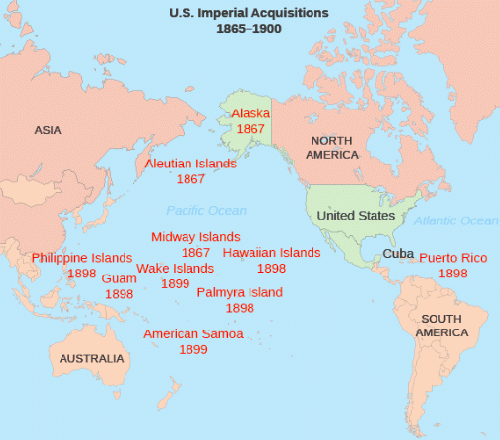The settler-colonial history of the United States is not discussed by those in the U.S. government. However, in the lexicon of American studies, settler-colonialism is a major topic, and particularly for historians in the occupied lands of Hawaii.
The engagement of the United States in longstanding wars has increased the militarization of U.S. society. U.S. diplomacy has been militarized as have domestic law enforcement agencies, jails, and prisons. Militarization perpetuates ethnic and gender violence on a global scale while jeopardizing indigenous-led struggles toward a demilitarized Pacific.
I was in the U.S. Army/Army Reserves for 29 years and retired as a Colonel. I was also a U.S. diplomat for 16 years and served in U.S. embassies in Nicaragua, Grenada, Somalia, Uzbekistan, Kyrgyzstan, Sierra Leone, Micronesia, Afghanistan and Mongolia. I was on the small U.S. diplomatic team that reopened the U.S. Embassy in Kabul, Afghanistan in December 2001. I resigned from the U.S, government in March 2003 in opposition to the U.S. war on Iraq.
I have seen first-hand how U.S. diplomacy, our country's relationships with other countries, has been militarized. U.S. diplomacy is the diplomacy of a settler-colonial nation from the beginning of its history with the displacement of indigenous native populations from the East to the West Coasts from the North to the South as the European settlers moved across the North American continent.
U.S. settler-colonial land-grabs continued with land purchases, annexation, and theft of land through the prizes of war to obtain extra-continental lands of Alaska, Hawaii, Puerto Rico, Guam, American Samoa, U.S. Virgin Islands, Northern Marianas and for various periods of time the Philippines, Cuba, Nicaragua. Perniciously, U.S. military installations or bases are named after the military officials who were instrumental in taking Indigenous lands by force -- Fort Knox, Fort Bragg, Fort Steward, Fort Sill, Fort Polk, Fort Jackson.
U.S. Military's "Shadow Diplomacy"
The U.S. military has a large "shadow diplomacy" organization whose members are on the staff on every military unit above Brigade level. They staff the J5 or political-military/
One of those commands is the Indo-Pacific command, located in Honolulu, Hawaii. The Indo-Pacific command covers all of the Pacific and Asia west of Hawaii all the way to India -- 36 countries, including the two largest populations in the world-India and China. It covers half the world's population and 52% of the earth's surface and five of the U.S. collective defense treaties.
These specially trained military "diplomats" are called Foreign Area Specialists. Not only do they have assignments in major military commands, they are located in virtually every U.S. Embassy in every country. Additionally, these military international specialists are routinely assigned to other agencies of the government, including the National Security Council, the State Department, National Security Agency, the Central Intelligence Agency, Treasury Department, Homeland Security. They also have assignments with universities, corporations and international organizations including the United Nations. Foreign Area Officers are routinely assigned to be liaison officers with the militaries of other countries.
(Note: You can view every article as one long page if you sign up as an Advocate Member, or higher).







